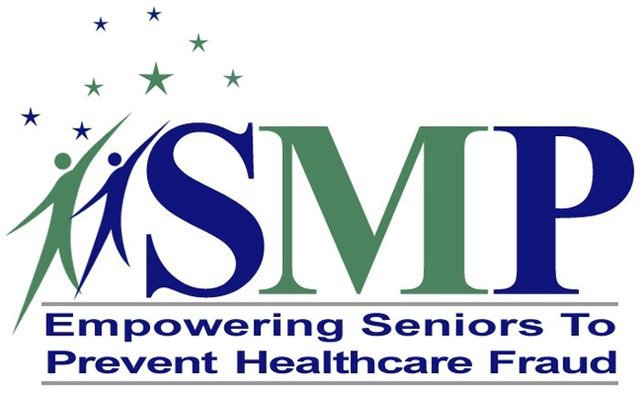
17 Feb Fraud and new Medicare cards
by Charles Clarkson, Project Director, Senior Medicare Patrol of New Jersey
In 2015, Congress passed the Medicare Access and CHIP Reauthorization Act. This law requires the removal of the social security numbers from all Medicare cards by April 2019. This new initiative is referred to as the Social Security Number Removal Initiative (SSNRI.) A new randomly generated Medicare Beneficiary Identifier (MBI) will replace the social security number. When the initiative gets underway all Medicare beneficiaries will be assigned a new MBI and be sent a new Medicare card.
The primary goal of the initiative is to decrease Medicare beneficiaries’ vulnerability to identity theft by removing the social security number from their Medicare cards and replacing it with a new Medicare MBI which does not contain any other personal information.
The new MBI will have the following characteristics:
i. The same number of characters as the current Medicare number, but will be visibly distinguishable from the Medicare number
ii. Contain uppercase alphabetic and numeric characters throughout the new MBI
iii. For providers, the new MBI will occupy the same field as the Medicare number on transactions
iv. Be unique to each beneficiary (e.g. husband and wife will have their own MBI)
v. Be easy to read and limit the possibility of letters being interpreted as numbers (e.g. alphabetic characters are upper case only and will exclude S, L, O, I, B, Z)
vi. Not contain any embedded intelligence or special characters
vii. Not contain inappropriate combinations of numbers or strings that may be offensive
The Centers for Medicare and Medicaid Services (CMS), the agency that oversees Medicare, has established a transition period during which the Medicare number or MBI will be accepted from providers, beneficiaries, plans, and others. CMS expects the transition period to run from April 2018 through December 31, 2019. After the transition period only the MBI will be used.
Starting around April 2018, CMS will start mailing new Medicare cards. There are approximately 60 million beneficiaries in Medicare. So, CMS will probably mail the cards in phases over a period of time. Remember, as a beneficiary you can still use your current Medicare number during the transition period if it takes awhile to receive your new Medicare card. If a beneficiary is new to Medicare after April 2018 and Medicare has started issuing the new cards, the beneficiary will receive the new MBI. Therefore, healthcare providers must be able accept the new MBIs by April 2018.
Fraud and the new Medicare cards
The Senior Medicare Patrol of New Jersey (SMP) wants all Medicare beneficiaries to be aware of possible fraud and scams relating to the new Medicare cards. Remember, CMS and Medicare will never contact you by phone or email to ask for personal information relating to the issuance of the new Medicare cards. Any such contact is a scam. Don’t be taken in. Also, there will be no charge for the issuance of the new Medicare cards. Anyone seeking to have a beneficiary pay money for the new card is a scammer. Be especially careful of anyone seeking to have access to your checking account to pay any fee for the new card. Beneficiaries are especially vulnerable if they are isolated, frail or may have cognitive loss. Caregivers should be on the alert for these kinds of scams. The SMP is currently educating beneficiaries at its outreach events of the issuance of the new Medicare cards. CMS will also be conducting intensive education and outreach to beneficiaries to help them prepare for this change.
The issuance of the new Medicare card is a significant change. If a beneficiary or caregiver has any questions about the SSNRI, please don’t hesitate to call the SMP at 1-877-SMP-4359 (1-877-767-4359) or 732-777-1940. A beneficiary or caregiver can also email me at charlesc@jfsmiddlesex.org.
Charles Clarkson is project director for the Senior Medicare Patrol of New Jersey. He may be reached at 1-877-SMP-4359 (1-877-767-4359) or 732-777-1940 or at charlesc@jfsmiddlesex.org.
[divider style=”none”]
[/divider]
This is a sponsored section. The advisors have paid a fee to post their commentary here. Their sponsorship doesn’t influence any editorial decisions we make at NJMoneyHelp.com, or give them more or less exposure in our stories. Their posting does not constitute an endorsement by NJMoneyHelp.com.

